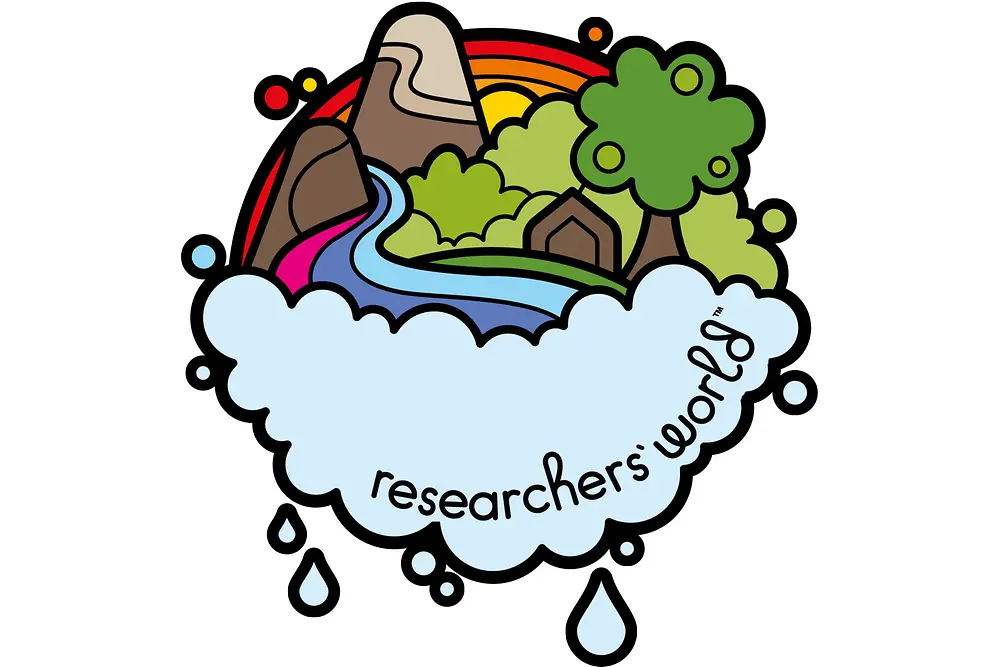Be a Researcher – the teaching concept behind Researchers’ World
The teaching concept is aimed at getting the children to take on the role of researchers, with the motto of: Being like a researcher. The theoretical basis is provided by the construct of scientific literacy. It comprises conceptual scientific knowledge and knowledge about the methods and goals of science (knowledge about science).
The concept is implemented through elementary activities that are very closely connected to the research process. Children consider people who are dedicated to research to be not only intelligent, but also creative – fundamental characteristics that are confirmed by the concept of Researchers’ World.
Children consider people who are dedicated to research to be not only intelligent, but also creative – fundamental characteristics that are confirmed by the concept of Researchers’ World.
However, a creative idea alone is not enough. To make the idea a success, children need experimental skills, patience, perseverance and a planned, systematic approach. Children often think of researchers as lone wolves. But this is usually not true. Scientists are in constant exchange with others, report on their findings in scientific journals or present them in lectures. Their workplace is therefore not limited to the laboratory. That is why exchanges between experts and among the children themselves plays a major role during the program.
The children can implicitly incorporate these elementary activities into their understanding of “knowledge about science” through their own experiences in Researchers’ World. The content is based on research areas at Henkel.
“Henkel is delighted to bring this program to North America and help fill an important need to make STEM (science, technology, engineering and mathematics) education accessible to all children. We aim to create sustainable value in everything we do at Henkel, while helping to spark curiosity and a love of science for the future generation.”
Jenny Schiavone, Vice President Corporate Communications Americas


